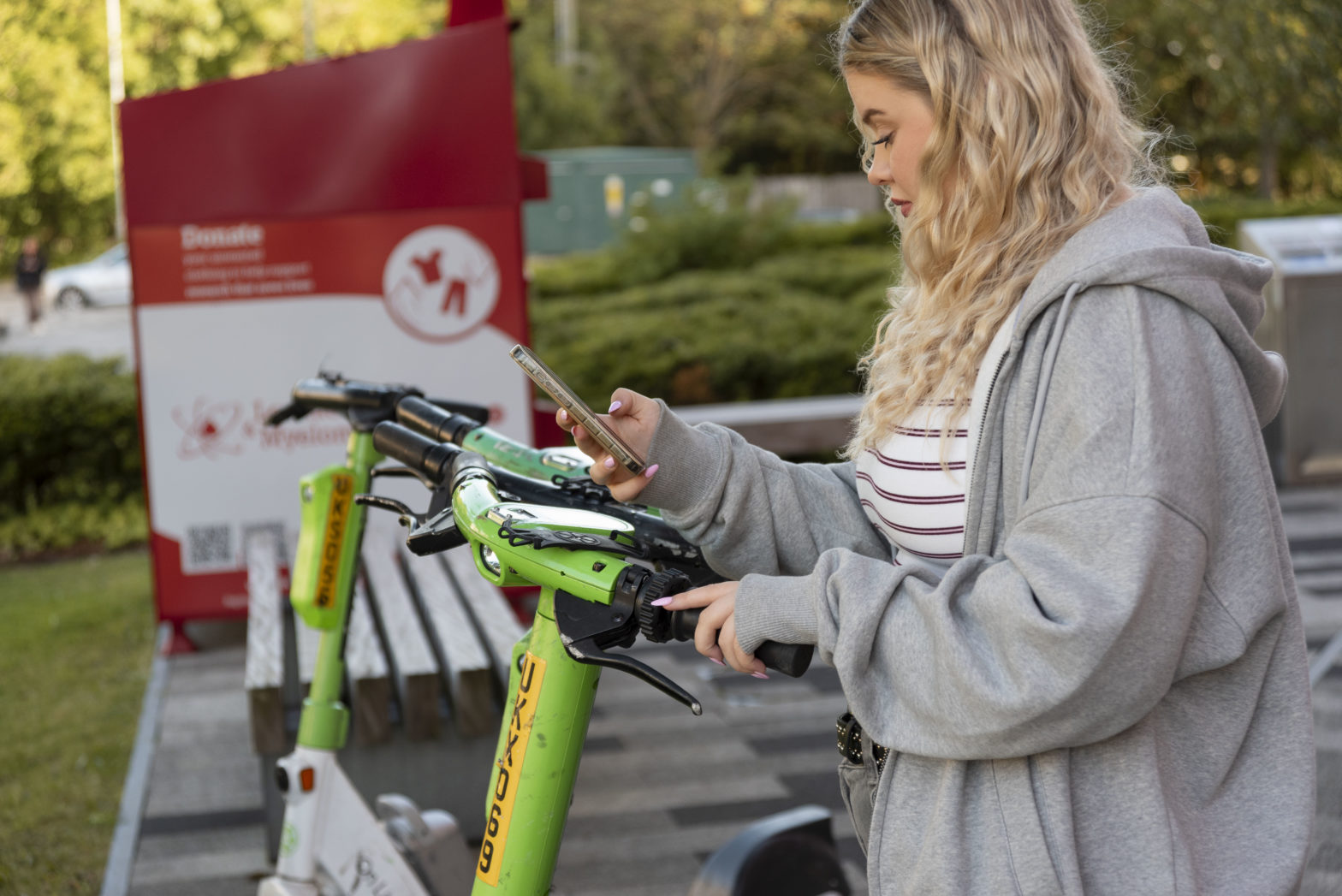
UITP president re-elected for second term
18 June 2025
by William Thorpe
Renée Amilcar (pictured) has been confirmed for a second term as President of UITP, with her mandate renewed by 100 percent support of all voting members — the first time ever for a UITP President. She is using the opportunity to intensify the global push for public transport to be recognised as a core climate solution.
“Public transport is not just a mobility solution in our cities – it’s a climate solution,” Amilcar told Cities Today, prior to UITP’s General Assembly in Hamburg, confirming her second term, adding that governments must explicitly include public transport in their climate commitments ahead of COP30 later this year.
Currently, only two-thirds of Nationally Determined Contributions (NDCs) include any reference to public transport, and most focus solely on electrification. Amilcar is urging countries to take a more holistic ‘Avoid–Shift–Improve’ approach.
“With my renewed mandate, I will continue to advocate for public transport as a cornerstone of national climate strategies,” she said. “UITP is growing its work with international bodies such as the UNFCCC, and through platforms like COP, we’re urging governments to embed stronger public transport targets.”
Amilcar, who is also General Manager of OC Transpo in Ottawa, was elected UITP’s first female president in 2023. She has placed particular emphasis on equity and inclusion across the sector, and is not shying away from more radical steps.
“I’m not shy to introduce quotas if required – let’s be bold on DEI and let’s embed it in our journey,” she said. “You cannot aspire to be what you cannot see.”
She plans to launch new global campaigns highlighting public transport careers, especially for women and under-represented groups, backed by local initiatives such as OC Transpo’s EmpoWered@theWheel programme to attract more female bus operators.
According to Amilcar, a passionate supporter of public transport, digital tools and AI offer new opportunities to improve services but must be implemented with accessibility in mind.
“Passengers must always be at the heart of what we do,” she said. “Technological developments should enhance the experience, not create barriers.”
Image: UITP













